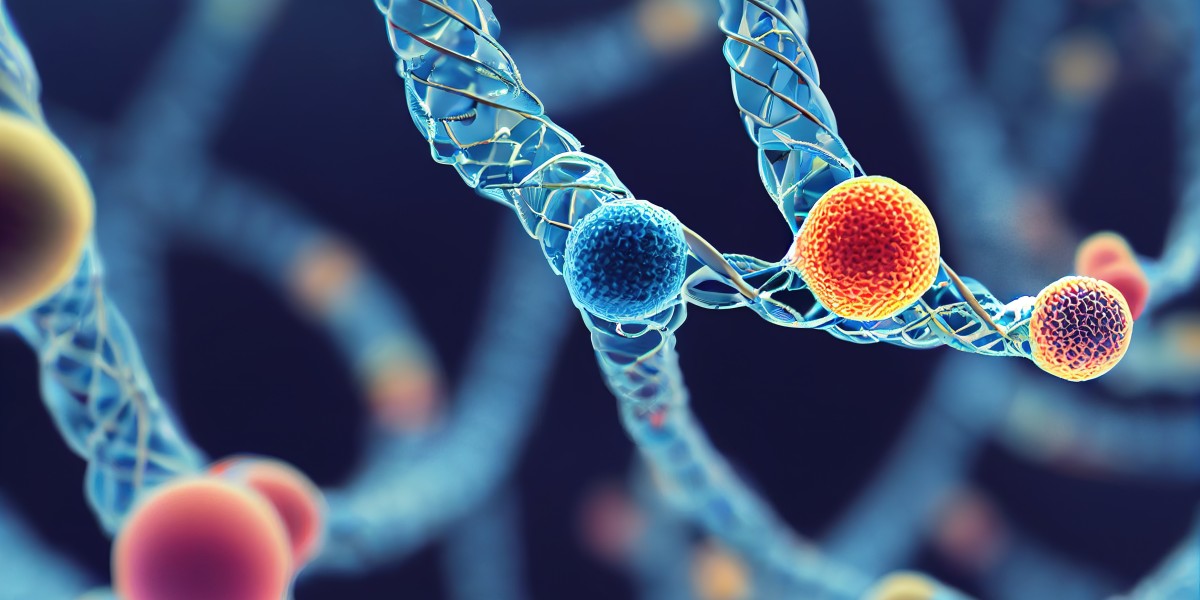Cytokines are a diverse group of small protein molecules that play crucial roles in the immune system and various biological processes. They are synthesized and secreted by a range of immune cells, including monocytes, macrophages, T cells, B cells, and natural killer (NK) cells, as well as certain non-immune cells like endothelial cells, epidermal cells, and fibroblasts. Cytokines are produced in response to various stimuli and are essential for regulating both innate and adaptive immunity, hematopoiesis (the formation of blood cells), cell growth, the maintenance of pluripotent stem cells, and the repair of damaged tissues.
Cytokines can be classified into several categories based on their functions and structures. Some of the primary classes include interleukins (IL), interferons (IFN), tumor necrosis factors (TNF), colony-stimulating factors (CSF), chemokines, and growth factors (GF). Each of these classes has distinct roles in the immune response and cellular communication.
One of the remarkable properties of cytokines is their multipotency; a single cytokine can act on multiple cell types, influencing various biological responses. Additionally, there is often overlap in the functions of different cytokines, meaning that two or more cytokines can produce similar biological effects. This redundancy can be beneficial in ensuring robust immune responses. Furthermore, cytokines can exhibit synergistic effects, where one cytokine enhances the activity of another, or antagonistic effects, where one cytokine inhibits the action of another. This complex interplay allows for finely tuned regulation of immune responses and other physiological processes.
The applications of disease cytokine assay extend far beyond basic immunology. In the realm of medicine, recombinant cytokines are increasingly being utilized as therapeutic agents for a variety of diseases, including cancers, infections, and hematopoietic disorders. These biological drugs have shown promise due to their effectiveness at low doses and relatively mild side effects compared to traditional pharmaceuticals. Currently approved cytokine-based drugs include various forms of interferons (such as IFN-α, IFN-β, IFN-γ, and IFN-ε), erythropoietin (EPO), granulocyte-macrophage colony-stimulating factor (GM-CSF), and granulocyte colony-stimulating factor (G-CSF). Additionally, several cytokines are undergoing clinical trials, including interleukins like IL-1, IL-3, IL-4, IL-6, and IL-11, as well as transforming growth factor beta (TGF-β) and macrophage colony-stimulating factor (M-CSF). These therapies aim to modulate cytokine levels in the body to achieve therapeutic effects.
In aesthetic medicine, cytokines have also found a significant role. Advances in cell therapy, cytokine therapy, and extracellular matrix therapy have led to innovative treatments aimed at enhancing skin health and appearance. Growth factors such as epidermal growth factor (EGF), basic fibroblast growth factor (bFGF), keratinocyte growth factor (KGF), vascular endothelial growth factor (VEGF), insulin-like growth factor (IGF), and fibroblast growth factor (FGF) are commonly used in aesthetic applications to promote skin regeneration and repair.
Moreover, cytokines are vital in cell culture and research. As scientific understanding of cellular behavior advances, the demand for high-quality cultured cells has increased. Traditional serum-based culture methods can introduce variability and unwanted effects due to the complex composition of serum, which may contain cytotoxic substances. To address this, researchers often use serum-free media supplemented with specific cytokines, such as EPO, nerve growth factor (NGF), platelet-derived growth factor (PDGF), and EGF, to support optimal cell growth and differentiation. Cytokines like IL-15, IL-7, and IL-21 are particularly important for the proliferation and differentiation of T and NK immune cells in culture.
The detection and quantification of cytokines are crucial for both basic research and clinical applications. Cytokine assays provide valuable insights into immune responses, disease diagnosis, and the effectiveness of cytokine therapies. However, measuring cytokine levels can be challenging due to their low concentrations in biological samples and the variability in results obtained from different assay methods. Luminex xMAP technology has emerged as a powerful tool for cytokine detection, allowing researchers to measure multiple biomarkers from a single sample. This multiplexing capability enhances specificity, speed, and reproducibility, making it an ideal choice for simultaneous detection of various cytokines or proteins in a single experiment.
In summary, cytokines are integral to numerous biological processes and therapeutic applications. Their diverse roles in the immune system, combined with their potential in clinical and aesthetic medicine, underscore the importance of ongoing research and development in this field. As our understanding of cytokines continues to evolve, so too will their applications in improving health and treating diseases.




